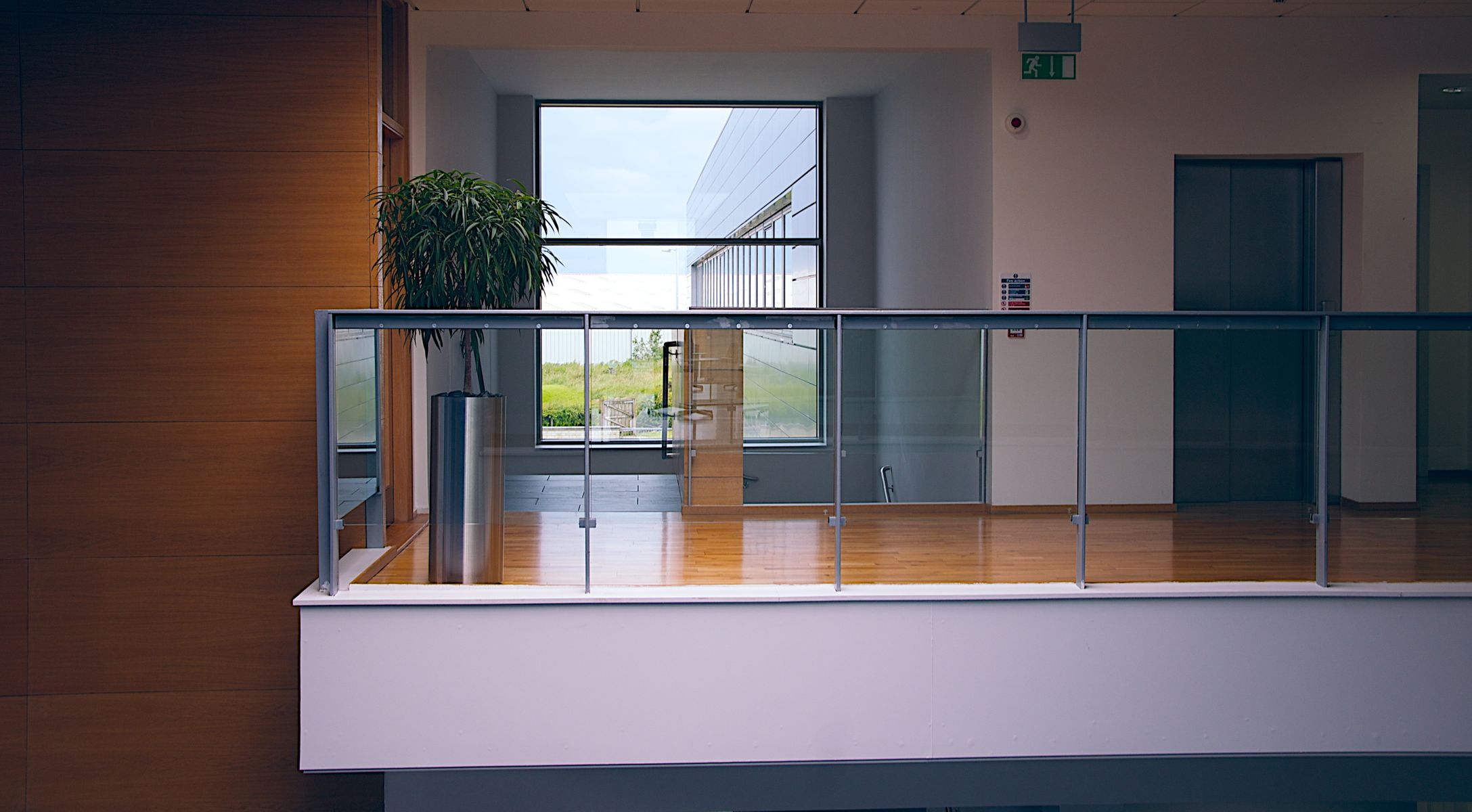Buying a home will be one of the biggest financial decisions you will make, and the process can seem daunting, especially when it is your first home.
Here are 5 simple steps to follow to get you on your way.
1. Do Your Research
Get to know the market in which you intend to buy. It’s not easy to read the market when you’re looking for the first time. Chat to your local Neilson Partners representative who will be more than happy to provide you with the information you require.

image from canva
2. Find out how much you can afford
You’re on the hunt for your first home and now it’s time to find out how much you can borrow. Speak to our in-house mortgage broker, Tom Smith who can give you sound advice on stamp duty, fees involved, and which loan is right for you. With pre-approval, you will know exactly what you can afford.
3. Know Your ‘I Wants’
Make a list of features that you want in your first home and a list of features you need. A little compromise will go a long way. You may find you have more properties to choose from.
4. Get a Building and Pest Inspection
Have your new home assessed by a building and pest inspector before committing to your purchase. This can form part of the conditions of sale. Speak to your Neilson Partners representative who will be able to guide you.

image from Canva
5. Be Aware of Any Government Incentives on Offer
Government grants vary in Australia from state to state. Speak to our in-house mortgage broker Tom Smith who will advise you what is available and what you are eligible for.








